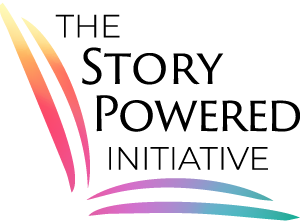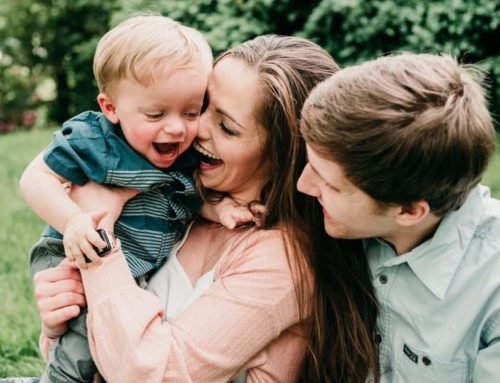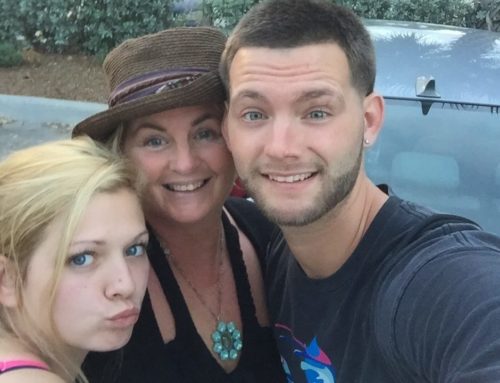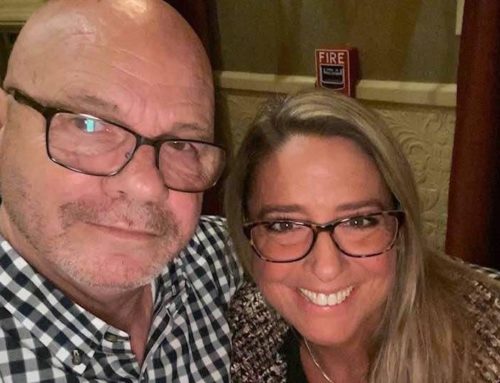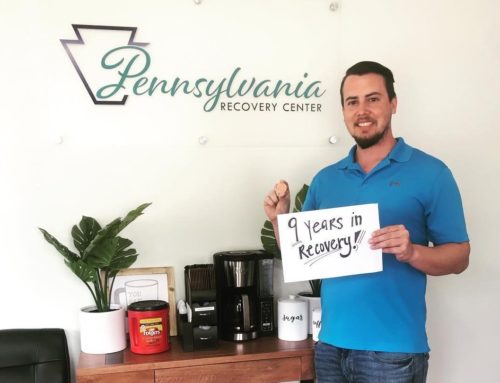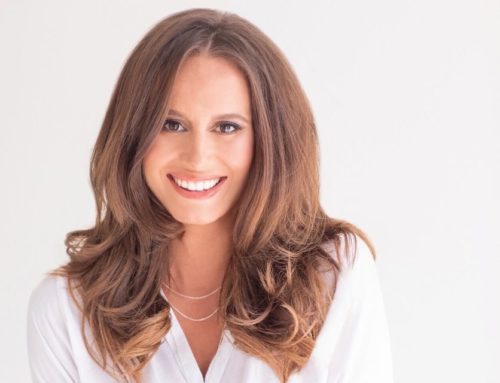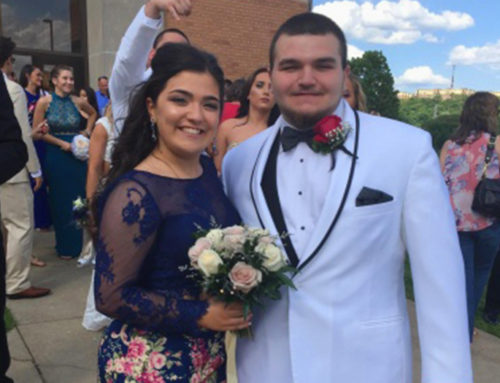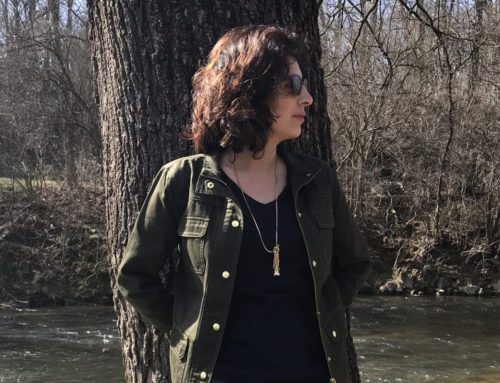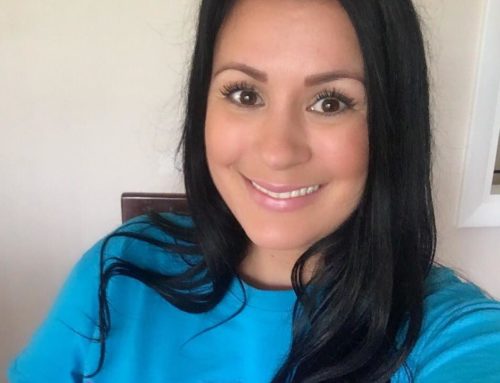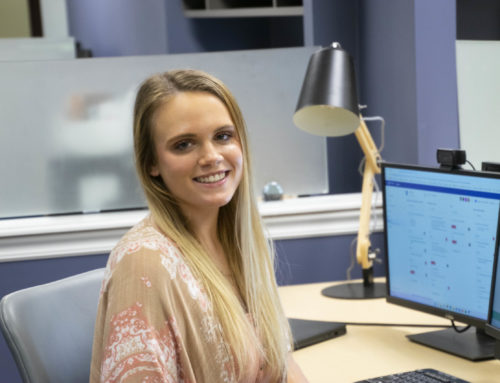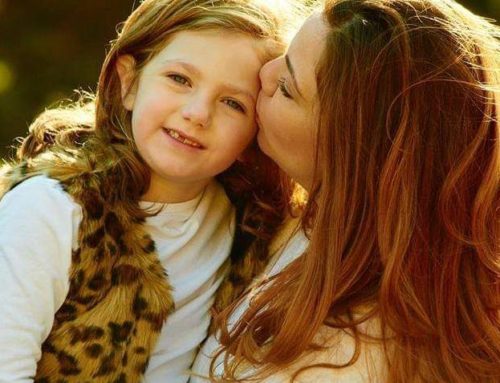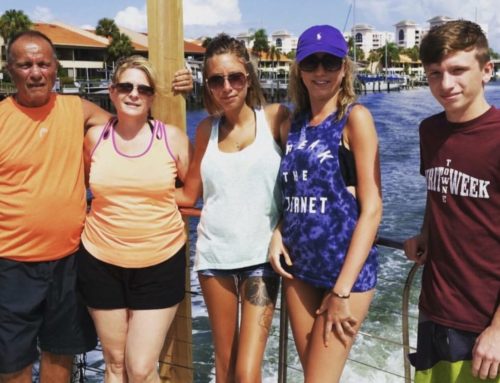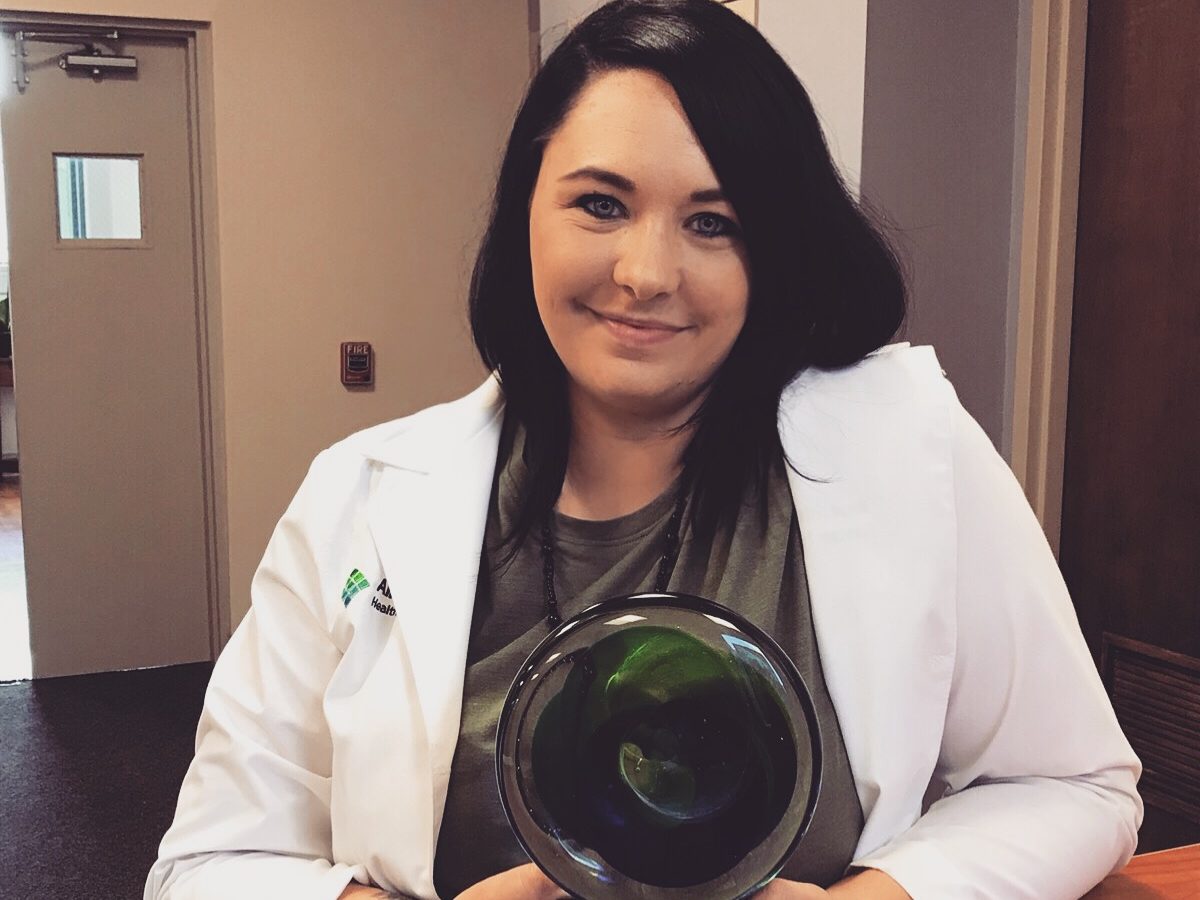
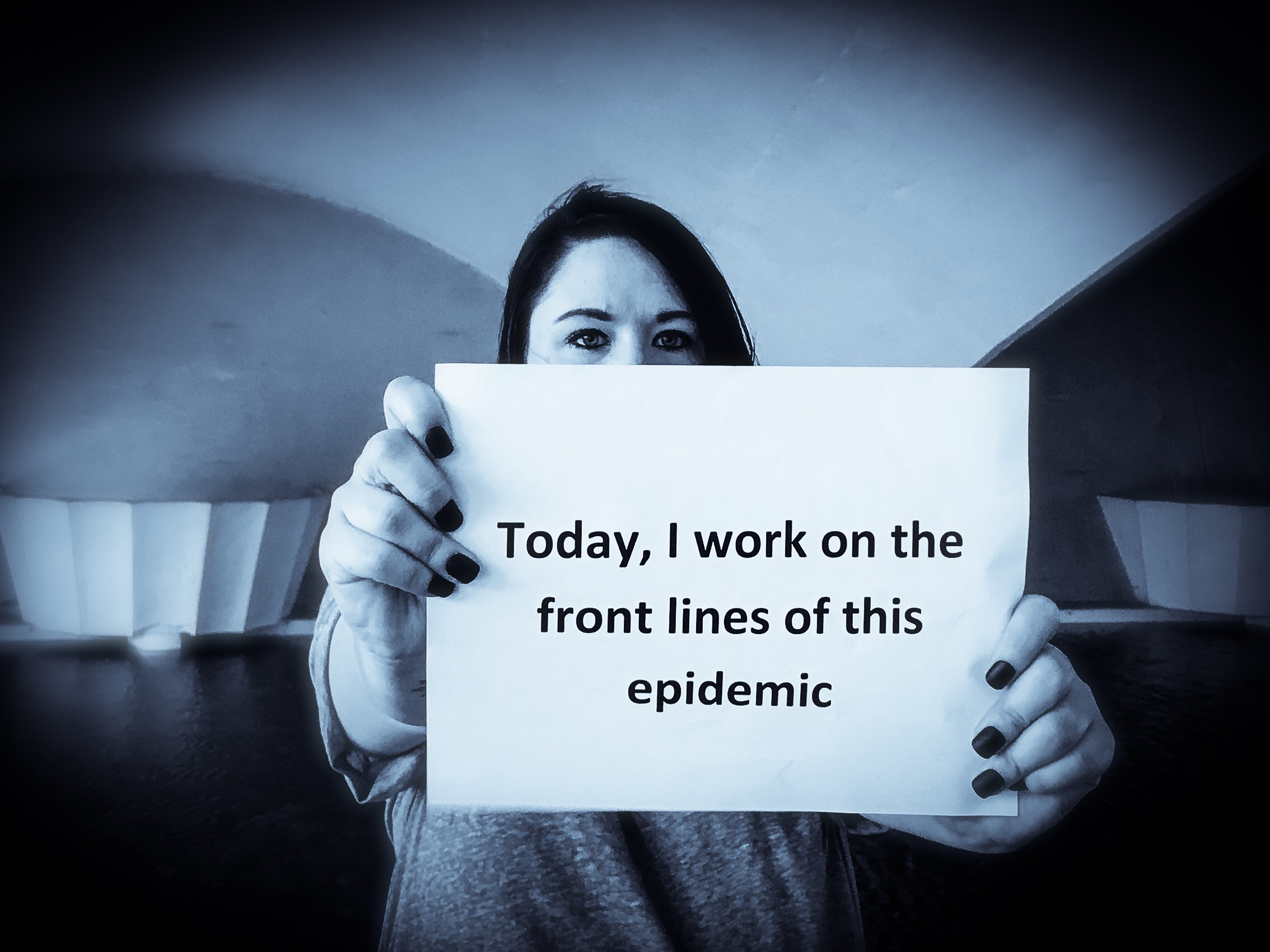
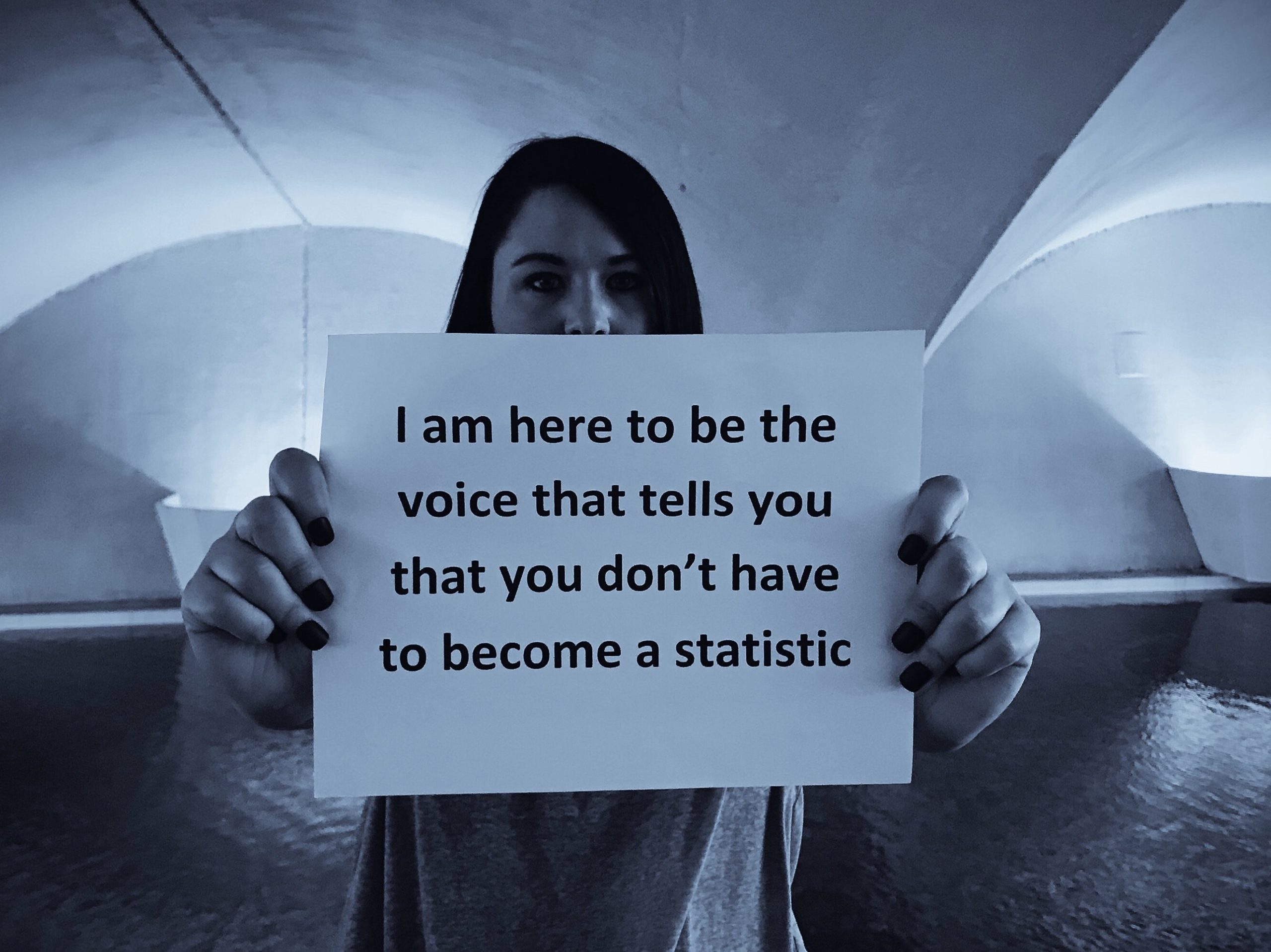
"I entered a detox facility two days into active withdrawal and was told that if I didn’t come that day, my family would have found me dead."
As a child, if you were to ask me what I wanted to be when I grew up, I would have never have told you I wanted to be an addict. My story started in my freshman year of high school when I took my first sip of alcohol at a field party after a varsity football game. I never thought taking part in a social activity that all of my classmates were engaged in would lead me down a beaten path of tragedy and darkness. Alcohol was the gateway that led me to use other substances until I found my drug of choice, opiates.
I grew up in a broken home in Mount Pleasant, a very small town about an hour south of Pittsburgh. It wasn’t uncommon during high school to spend your weekends or evenings around a fire drinking a few beers that you took from your parent’s refrigerator. Once I started drinking alcohol, my addiction progressed quickly to other substances. By the time I was a senior in high school, I was using alcohol and cocaine on a daily basis. It wasn’t until after graduation in 2005 that I first used opioids. A friend handed me a couple of narcotic pain pills during a party one warm summer night. I immediately fell in love with the euphoric effect that they gave me. For the next 11 years, I devoted my entire life to chasing after that feeling of euphoria that made me feel no other way than simply, fine.
I was able to obtain a monthly prescription from the doctor at a pain clinic for seven years until I received my first drug test and failed. The clinic was quick to discharge me. At this point in time, prescription pain medications were hard to obtain on the streets and extremely expensive. I was left with only two options: withdrawal cold turkey or find something more easily accessible and cheaper, known as heroin.
I was always “that person”, the one who said they would never resort to heroin, the one who said they’d never put a needle in their arm – but when you are sick with withdrawal, the desperation to feel better takes over. Six months into using, I started injecting. Two months into using, I started stealing, lying, and manipulating the people around me for ways and means to get more. I chose heroin over my family, my friends, my job, my morals, my beliefs, my hopes, my dreams, my self-respect, and my dignity. Heroin became the love of my life. I used to live and lived to use. It took me to places I never thought I’d go. I’ve been to jail, homeless, jobless, and left without anything but clothes to put on my back. I wanted to get clean, I just didn’t know how. I kept my use a secret from everyone. I’ve tried on my own many times to get clean and failed.
It was October of 2016 when I lost the only job I was able to sustain because I was buying drugs in the parking lot. I exhausted all my options to sustain my $400–a–day habit, and the secret I thought I hid so well wasn’t a secret anymore. The people around me had been watching me slowly deteriorate until finally my mom intervened. I was sick and tired of being sick and tired and was ready to die. I knew I needed help and I was ready. It was a week later on October 24, 2016 that I left my mom to tell my boyfriend who wasn’t a user that I wasn’t returning home because I was an addict who needed help. I entered a detox facility two days into active withdrawal and was told that if I didn’t come that day, my family would have found me dead. I completed a 28-day inpatient program at a treatment facility in Pittsburgh followed by an outpatient program and a 12-step program.
This is why I am sharing my story. Today, I now live in Pittsburgh working on the front lines of this epidemic at a city hospital. I’m a member of an addiction medicine team and have the honor of working alongside the same doctor who treated me while I was treatment. I have the ability to give to those still suffering hope of another chance at life. I’ve been given the opportunity to change the culture of the hospital system so that when an individual with substance use disorder walks through the doors, they are treated as humans and aren’t stigmatized against, and so that when someone needs help, they aren’t afraid to use their voice. I’ve lost over 25 friends to opioids. I’ve seen the destruction it causes both personally and professionally, and now I’m here to be the voice to tell the world you don’t need to become another statistic.
